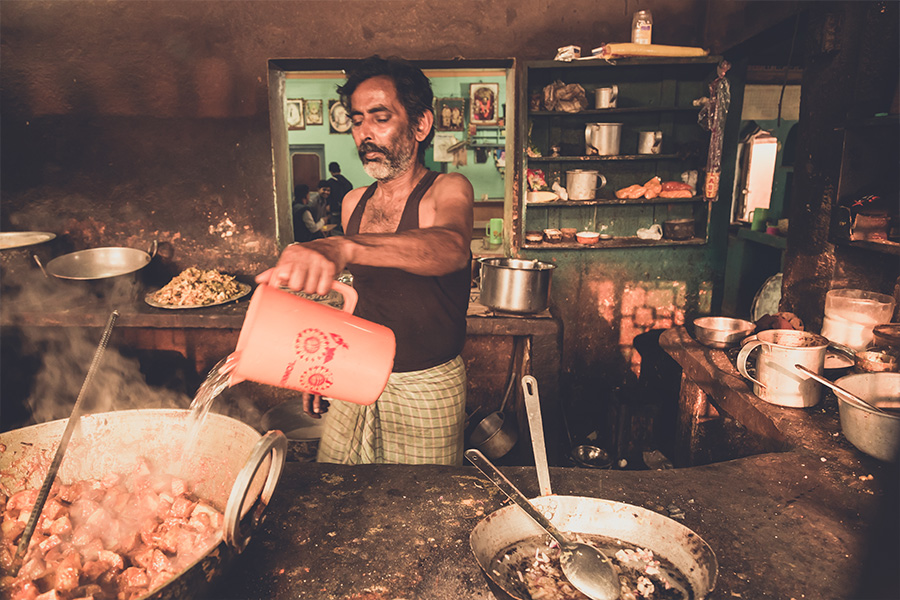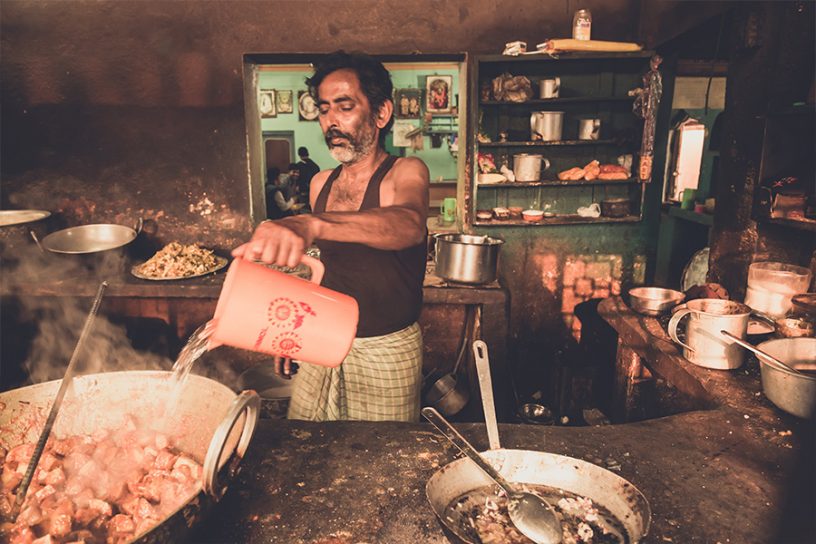
The paper captures the narratives of street vendors in Delhi (India) and Phnom Penh (Cambodia) and analyzes the inventory logistics of products sold by them, thereby reflecting the complex nature of an inter-twined, existential relationship between what’s classified as ‘informal’ and ‘formal’ in urban economies.
Authors
Deepanshu Mohan, Associate Professor of Economics and Director, Centre for New Economics Studies, Jindal School of Liberal Arts and Humanities, O.P. Jindal Global University, Sonipat, Haryana, India.
Richa Sekhani, Researcher at Indian Council for International Economic Relations (ICRIER), New Delhi, India
Sanjana Medipally, Student at Centre for New Economics Studies, O.P. Jindal Global University, Sonipat, Haryana, India.
Summary
The increasing dependence on street vending as a source of livelihood for people across urban spaces in countries like Cambodia and India continues to promote exciting areas of research in social sciences.
Our study captures the narratives of street vendors (seen as the ‘invisible’ entrepreneurs), working in markets across Delhi (India) and Phnom Penh (Cambodia) and analyzes the inventory logistics of products sold by them, thereby, reflecting the complex nature of an inter-twined, existential relationship between what’s classified as ‘informal’ and ‘formal’ in urban economies.
The mutual interdependence seen in the governing dynamics of economic exchange (for example, in selling commodities and services across identified markets in Phnom Penh and Delhi), argues for a need to inclusively study urban ecosystems while addressing the needs of street vendors.
This paper does so by incorporating ethnographic methods with a specific reference to street vending (as a commercial urban activity). Further, we emphasize on an epistemic need to cross-fertilize thought(s) and method(s) across social science disciplines to produce more of such urban narratives, exploring the inter-twined relationship between the ‘informal’ and ‘formal’ aspects of urban ecosystems.
Published in: Cities
To read the full article, please click here.


